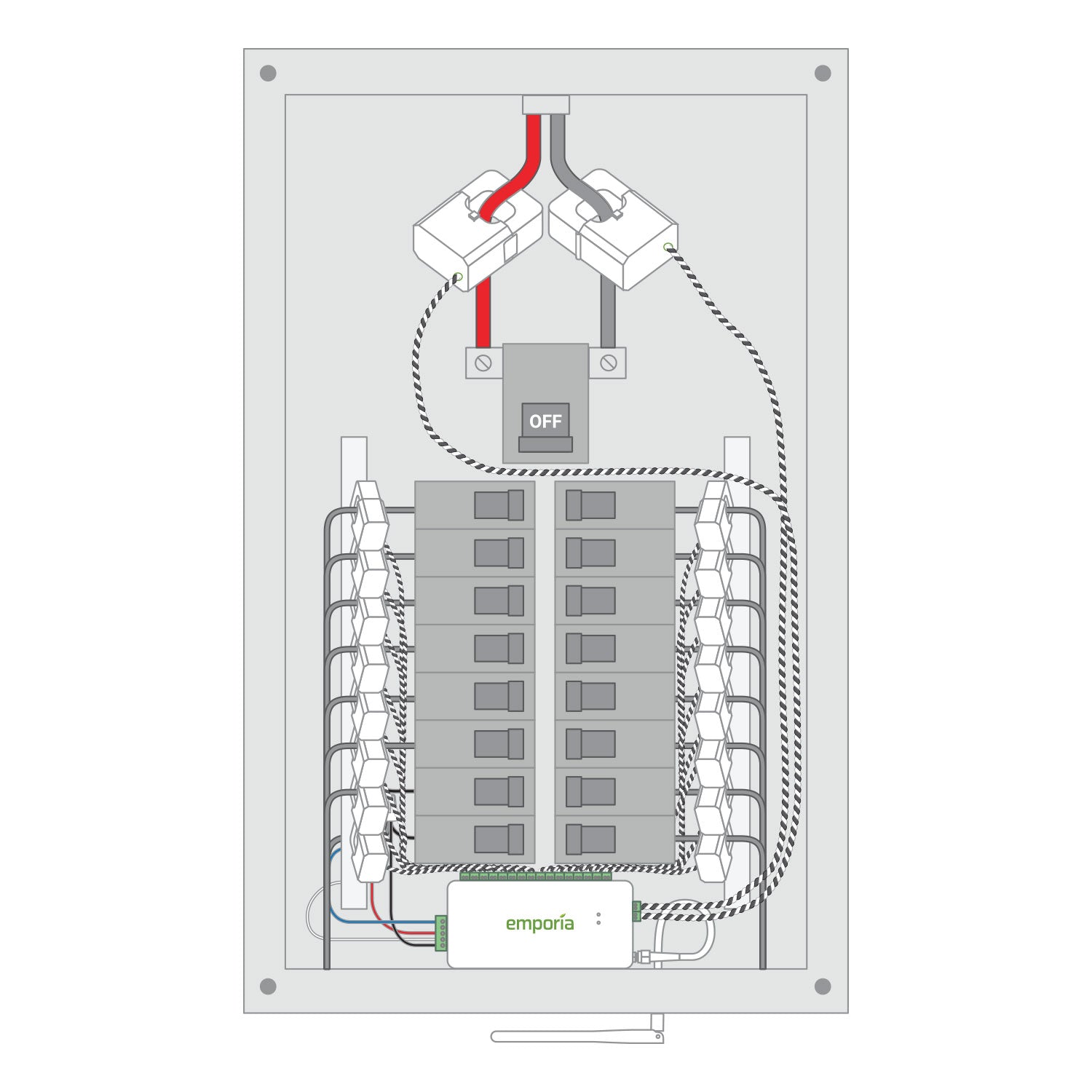Experts Agree: The Emporia Classic Sets The Standard
"The Emporia scored 99 on our ChargerRater (which ties it for the highest score ever)..."
- Tom Moloughney, InsideEVs.com and State of Charge
Automated Charging, Automated Insights
Sync to your utility rates to automatically charge during low-cost hours, or schedule your charger yourself.
Plus, easily see your charging activity at a glance and visualize costs and savings over days, weeks, and months.
Consistently Rated the Best
Additional Information
What's Included
The Classic EV Charger comes with everything you need for installation and daily use: the charger unit, a durable 25' charging cable, wall mount for the charger, handle holder, and all necessary mounting hardware.
- Level 2 EV Charger
- 25' charging cable
- Charger wall mount
- Handle holder
- Mounting hardware
EV charger product model numbers:
- White: EMEVSE1
- Black: EMEVSE1-B
Tech Specs
Input Voltage:
- 208/240VAC 50/60Hz
Power Charge:
- 11.5kW (240V/48A) / 9.6kW (240V/40A) /
- 10kW (208V/48A) / 8.3kW (208V/40A)
Required Breaker
- Dedicated 50A+ dual pole for 40A
- Dedicated 60A+ dual pole for 48A
Certifications
NEC 625: Electric Vehicle Charging System Equipment
SAE J1772: Electric Vehicle Conductive Charge Coupler Standard
UL 817: Cord Sets and Power-Supply Cords
UL 991: Safety Tests for Safety-Related Controls Employing Solid-State Devices
UL 2231: Standard for Personnel Protection Systems for Electric Vehicle Supply Circuit
UL 2251: Standard for Plugs, Receptacles and Couplers for Electric Vehicles
UL 2594: Standard for Electric Vehicle Supply Equipment
GFCI Protection
- The National Electrical Code (NEC) now requires a GFCI breaker installed on any circuit using a 6-50 or 14-50 outlet. Since the Emporia EV Charger already has built-in GFCI protections, it can cause false/unwarranted tripping when installed on a line with GFCI protections also provided on the breaker.
- Your electrician will be able to provide the best information for your installation scenario. If GFCI breaker installation is a requirement for your installation, then we recommend using the hardwired installation method since that is not required to be GFCI protected in the same way the NEMA outlet is. Due to conflicting requirements between NEC (NFPA70) and UL certifications related to the behavior of GFCI operations on EV charging equipment, we can't provide more specific installation recommendations since it will depend on your location and you should consult your professional installer for more details.
Warranty
View Full Warranty Info
- Please note: you will be required to send the defective charger back to us within 2 weeks of the replacement charger being installed and tested to be working. Unless told otherwise by a member of Emporia. Failure to do so will result in an invoice for the cost of the replacement charger being sent.











